The Labels That Built Prog: Threshold Records
Making Dreams Real: A Brief History Of Threshold Records
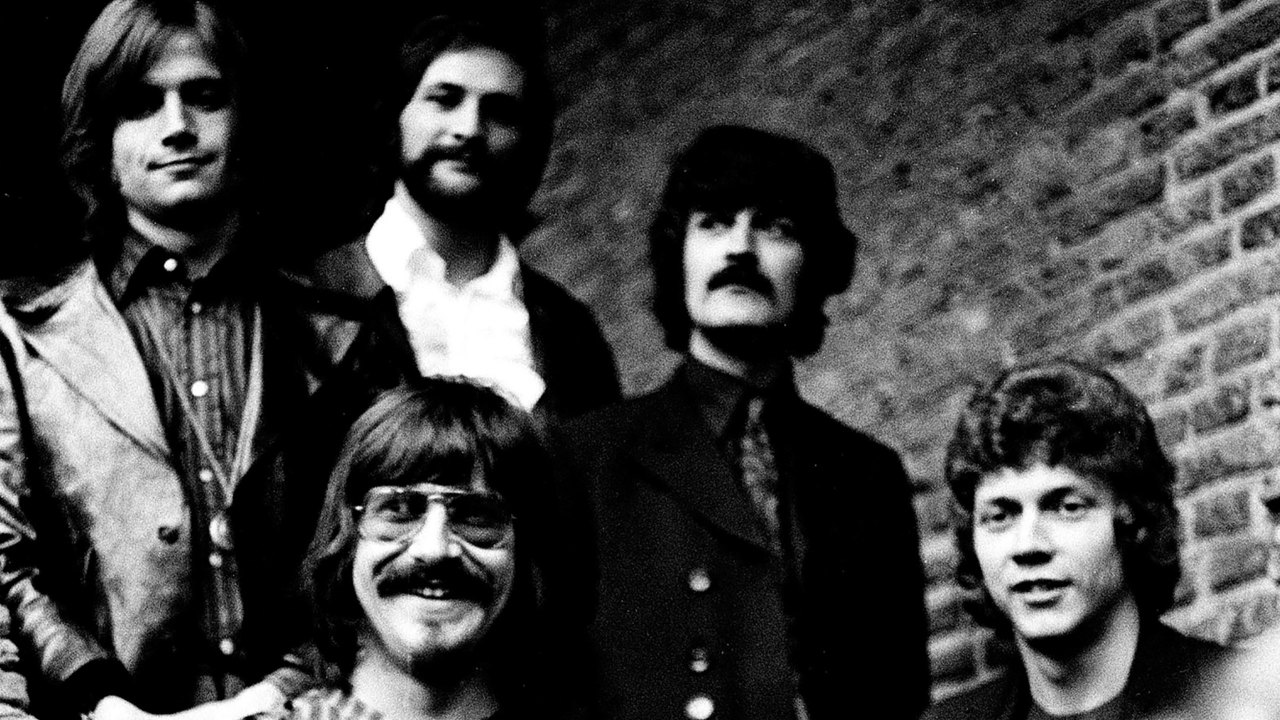
Relive the magic of some of the greatest imprints of all time in Prog’s new bite-sized label guide.
Threshold Records is a curious addition to this series. Although seen as a vanity label for its founders, The Moody Blues, it was a much-loved and well-run operation that spawned a handful of interesting acts. Although none of the artists signed to the label achieved great commercial success, Threshold was an artistic winner for the Moodies, and in also running a chain of record shops with that name, they looked at giving something back to their fans.
Of course, The Beatles are to blame. The formation of Apple Records in spring 1968 seemed like such a utopian ideal for groups to follow. The Moody Blues had proved their worth several times over at Decca, with their initial releases (in their second phase) on Deram topping charts and gaining a strong showing in America. No one ever knew quite what to do with the Moodies at Decca, which was led by Sir Edward Lewis. However, they were incredibly successful and were treated with utmost respect as their records proved popular around the world.
The group discussed forming their own label, and Lewis gave them the green light. Moodies bassist John Lodge explained the reasons behind creating the label in 1970: “It got to the point where we were doing more and more of the things ourselves,” he said. “Like we began working up our own designs for the packages. And it got more and more us, so we finally went to them and said, ‘How about giving us the complete bill, and you just distribute?’ and they said yes!”
With this free hand, the Moodies and their label were to flourish.
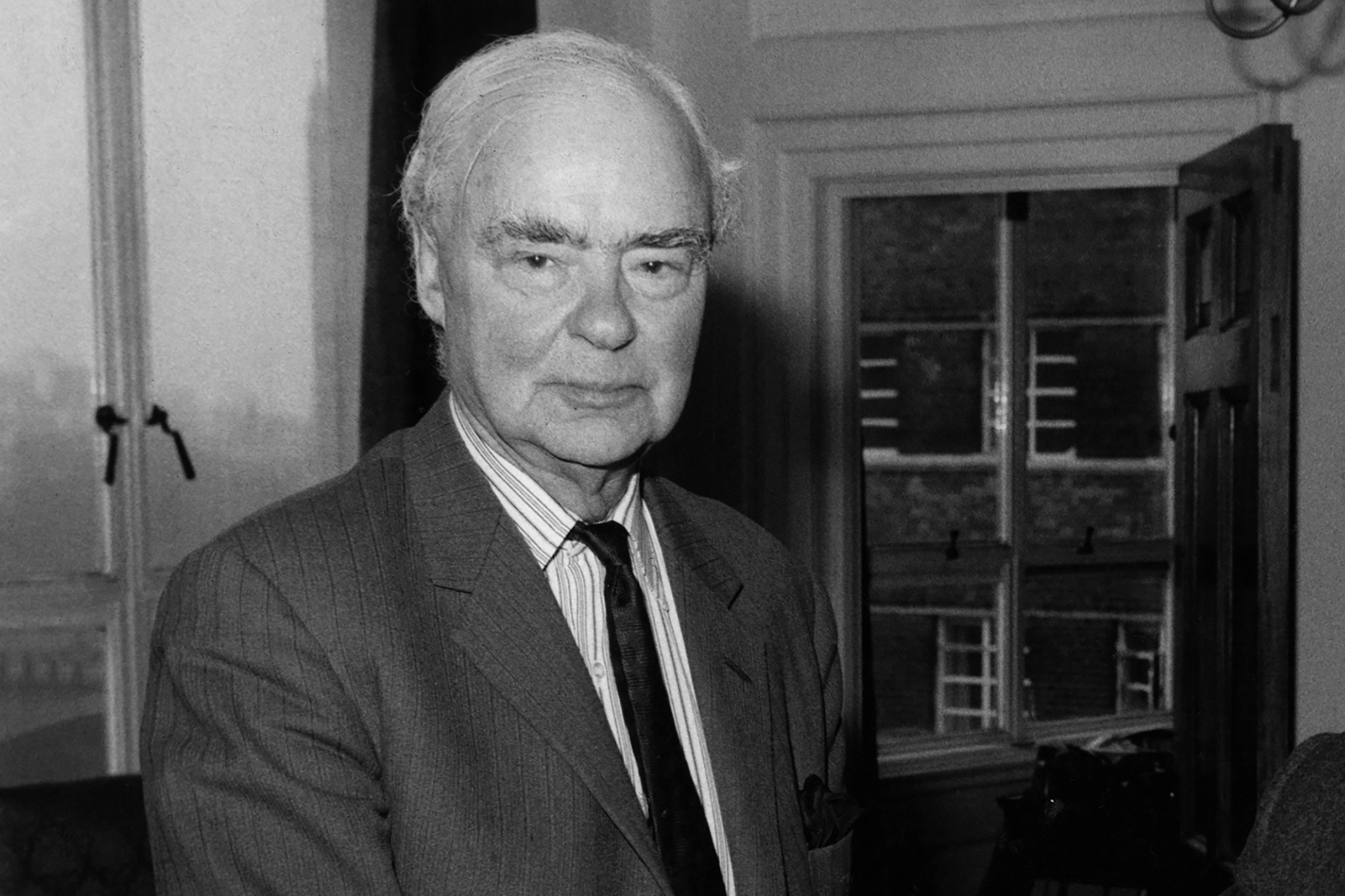
HOW IT BEGAN:
Since The Moody Blues had made their leap from increasingly unloved R&B outfit to psychedelic troubadours in 1967, they had recorded three albums, which had all performed better than the last. With their distinctive artwork designed by Phil Travers, gatefold sleeves and weighty concepts, they struck a (lost?) chord with the times. Yet they felt adrift within the regimented Decca Records, where a dispute over packaging for On The Threshold Of A Dream had created some protest from the group. “We didn’t actually fit into any of the labels,” John Lodge recalls today. “The group and Sir Edward collectively thought of having our own label within Decca.”
The latest news, features and interviews direct to your inbox, from the global home of alternative music.
Initially, there could have been a fellow traveller with them. “In actual fact, [drummer] Graeme Edge and I had a meeting with Mick Jagger to see if we could start a label together,” Lodge says. The Stones were keen to move on from Decca and within two years had established their own Rolling Stones imprint.
The Moodies decided that with producer Tony Clarke (who was to have a share in the label), and their tried and trusted team, they would establish a bespoke label that would be both selective and exclusive. “We were Sir Edward’s ‘boys’, as he called us, and was happy for us to record, produce and create the artwork which was so important to our creativity. He never let anyone interfere.”
With such artistic freedom, the group established Threshold, its name taken from their recent chart-topping album. With great fervour (and while recording their next album), the Moody Blues started work as executives at their offices, though they soon tired of being businessmen.
“We opened an office in London’s Soho Square and we all gave ourselves ‘positions’ within the company. I can’t remember whose position was what, but I do remember we all wore paper hats with our positions on!” Lodge says. “We would travel most days into London. That didn’t last long though, because administrators we were not.”
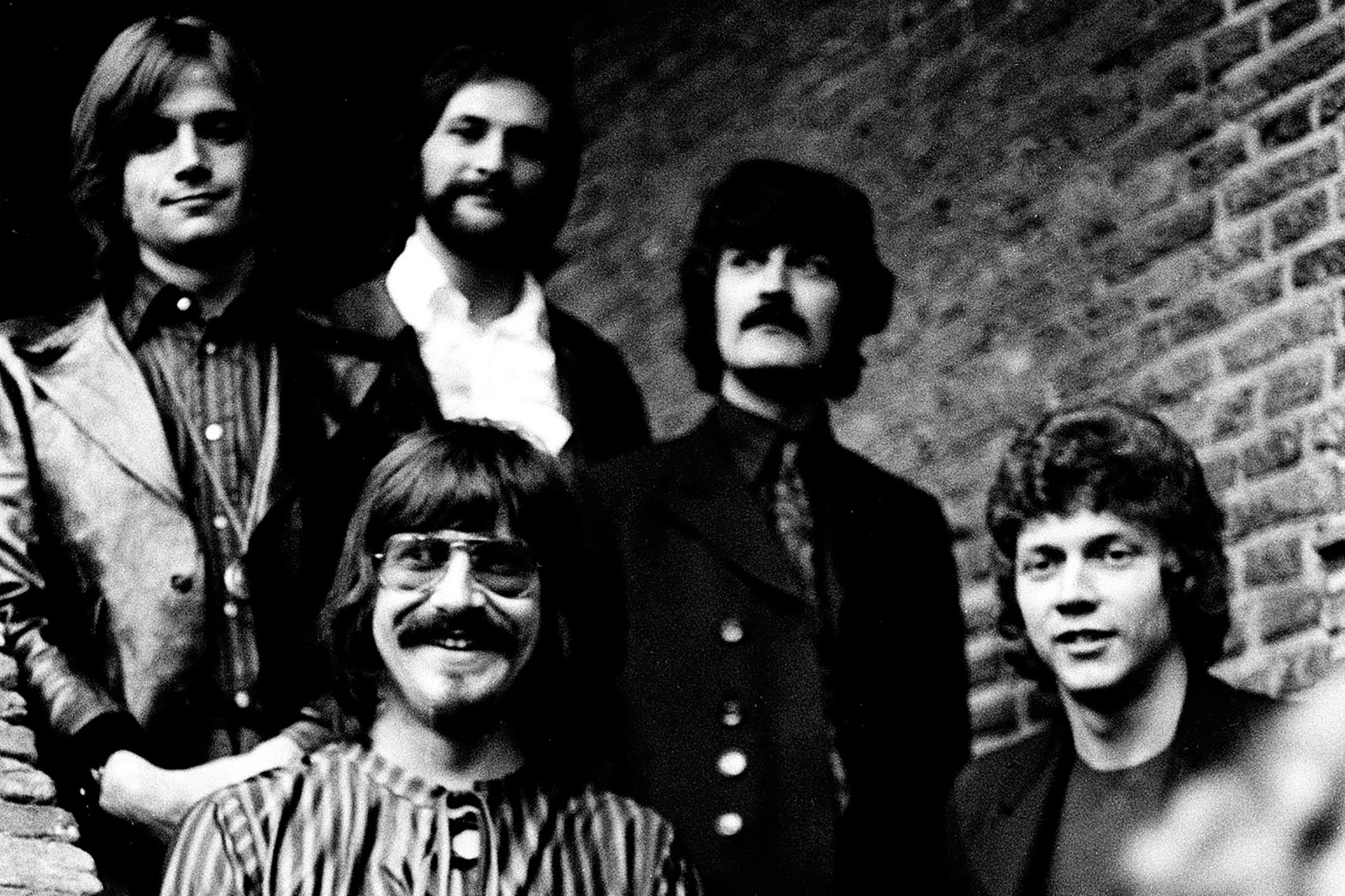
This approach was to prove liberating, and saved the group from the endless meetings that had so stymied the Beatles in their final year together. “We employed professional people to take care of business and we got on with making records.”
They took on executive Gerry Hoff to look after the label. Lodge says: “Gerry was working as a promotion man on the West Coast of America for London Records, which was a subsidiary of the Decca label. That’s how we met him.”
With Hoff, the group were to see Threshold mainly as the way to get their records to the marketplace, as well as indulge solo projects.
“Threshold Records gives us a lot bigger scope,” John Lodge explained to Circus magazine in 1970. “Like I want to do an acoustic album, and the others want to do things individually as well. We can do these various things now… Decca is the distributor in England and London does it here, but they don’t own us. You’ve got to get the records into the shops and they do that. The best way we know how is by working with the people we’ve been working with for the past four years.”
The group set about establishing a small, select roster, and with just a handful of acts, they could all receive a degree of personal guidance.
“We’ve got four other acts signed to Threshold and we don’t want to interfere with their thing at all,” Lodge said in 1970. “So with Threshold we’re doing all the things we’ve wanted to do for a long time.”
An article at the time spoke of four signed artists – Trapeze, Providence, Asgard and Nicky James. As well as these, there were to be single releases from Timon (who later became known as Tymon Dogg and later still played with Joe Strummer) and Sue Vickers.

THE GOLDEN PERIOD:
The Moody Blues’ continued success gave them the opportunity to do whatever they wanted. The release of 1970’s A Question Of Balance really saw the Moodies’ US success take off, with the album reaching No.3 in the Billboard chart. Unlike other labels at the time, they kept their roster small and looked after their signings directly.
Relocated to an office in Cobham nearer their homes, Threshold was growing its acts. Trapeze – mainly known today for introducing Glenn Hughes – was an outfit Lodge took special interest in, even producing their second album, Medusa. “I think Trapeze at that time were one of the great English rock bands,” he recalls. “[Manager] Tony Perry sent me a demo tape of songs that they had written and I took them into Decca Studios.”
Nicky James was a friend of the band from Birmingham’s Brumbeat days, and Gerry Hoff and Lodge were to produce songs with him. “He got in touch with us – a wonderful singer,” Lodge recalls.
There was one that got away, though: Moodies’ keyboard player Mike Pinder was interested in signing former Decca act Genesis to Threshold. According to Tony Banks, he went so far as to record them. Banks played a wrong note at the end of Looking For Someone. Pinder was fine to keep it in, Banks was not. Pinder was out. “We had a whole evening with Mike Pinder and he paid for a recording,” Richard MacPhail revealed in 2013. “Tony didn’t really take to Mike. It’s funny because the mellotron would never have happened had it not been for Mike Pinder, and Tony did great things with the mellotron subsequently.”
The Moodies’ success in America was truly underlined when 1967’s Nights In White Satin was unexpectedly reactivated in the US in 1972. “There was no grand plan behind the whole thing. In fact, the record company tried to suppress it,” its writer Justin Hayward says on his website.
The group found themselves competing against their old Deram recording with their latest Threshold release, The Seventh Sojourn.
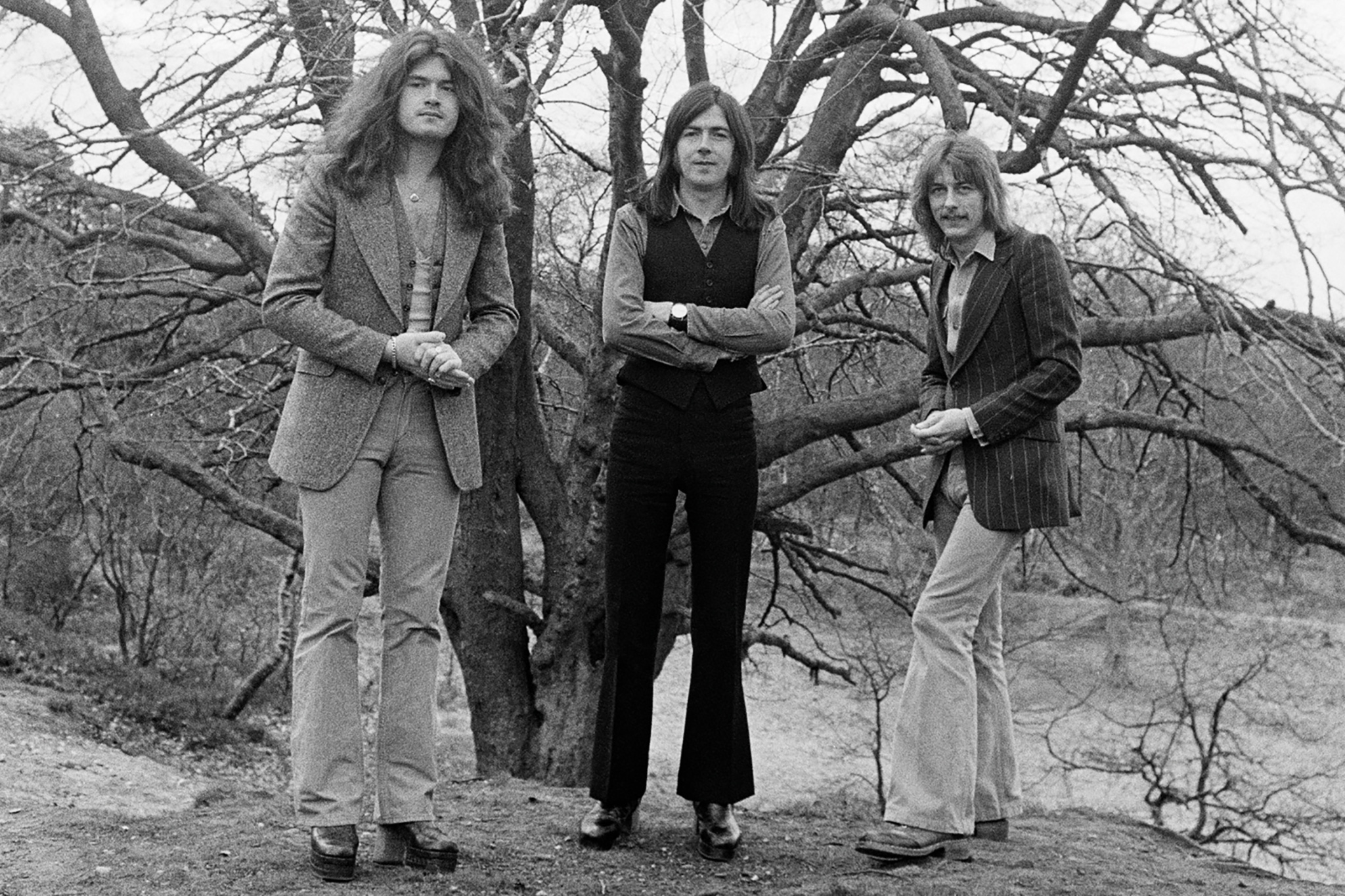
WHAT HAPPENED NEXT:
Threshold diversified into a chain of record shops. “We had the offices in Cobham and we had a shop,” Lodge recalls.
Further shops opened in Andover, Chichester, Swindon and what was then the Birmingham Shopping Centre, later the Pallasades. Threshold Records was seen as a ‘service to the community’. Flautist Ray Thomas said in Rolling Stone in 1972 that, “If the shops are prospering, the community is prospering – businessmen making money makes businesses make money.”
In 1974, The Moody Blues took over Decca Studio One in North London, renaming it Threshold Studios, intending to use it as a base for their future recordings. “We built a Westlake audio studio, the first one in England as a quadraphonic studio control room.”
With the Moodies on sabbatical, each (aside from Pinder, who was now in Malibu) recorded their solo and duo albums there.
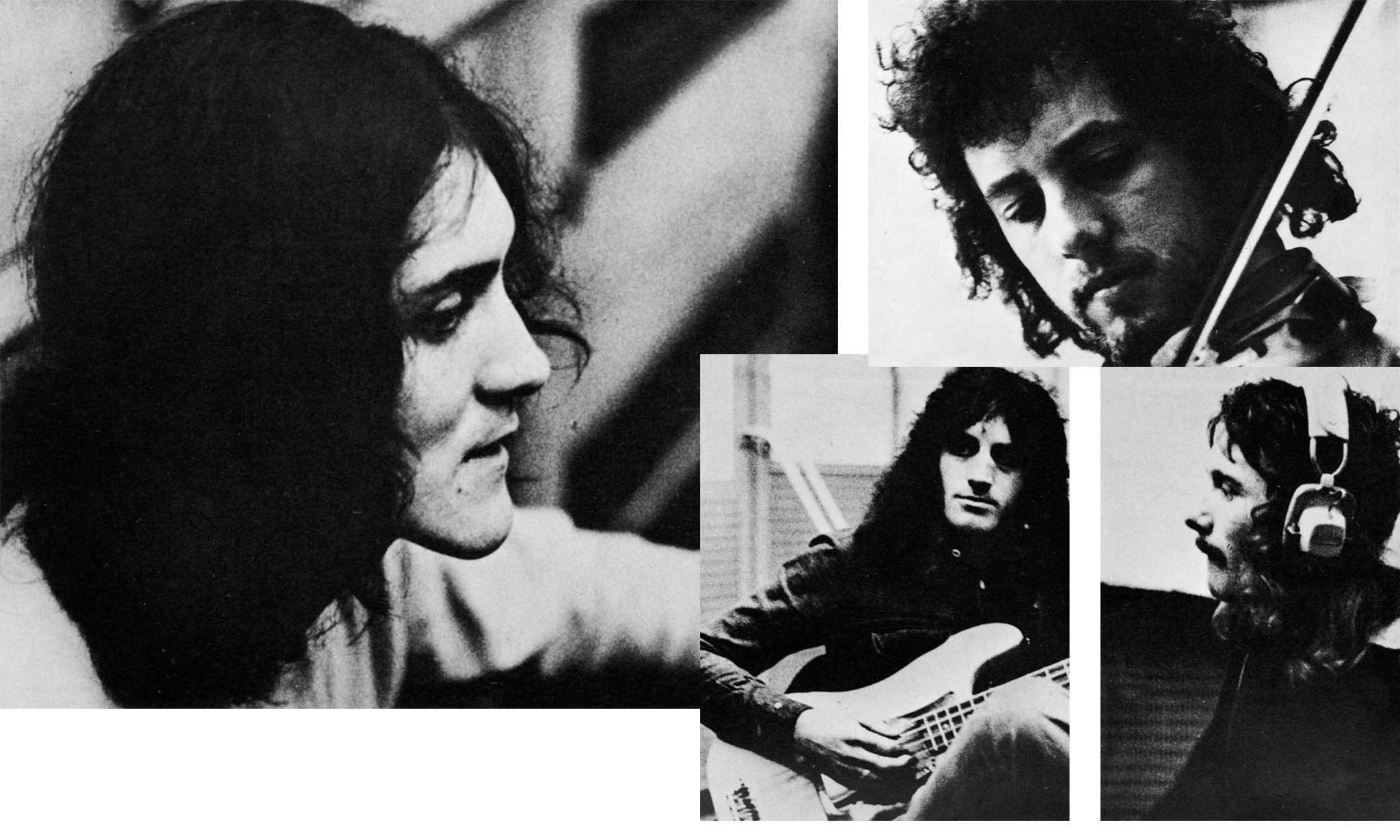
By 1977, Threshold was over as a going concern, while Hoff continued in music management in America. “Having recorded Octave, we were going back on the road again,” Lodge says. “You have to decide: am I a musician or in the record business? I’ve never been interested in the business side of the record industry – I just want to create and perform music.”
In 1986, the Moodies left Decca after 20 years and found a new home at Polydor, which marked the end of the Threshold imprint altogether.
The retail operation reduced to the one store in Cobham, and they found a dream manager in ex-Our Price music aficionado Phil Pavling, who ran the shop for 23 years before its final closure in 2011. Although frequently dotted around the globe, the group kept an eye on the store.
“John was the one who was primarily interested in the shop so I saw a lot of him during my time at Threshold,” Pavling remembers. “He was absolutely passionate about having a local music shop and definitely the one who showed the most interest in how we were doing. He was always very encouraging and constantly full of praise for the shop. We had quite a few special in-store signings and it was great that all four band members put in at least one appearance at these. Oh, and I have to say that Ray Thomas is an absolute gent!”
Pavling recalls many people making the journey to Cobham. “As the address was printed on most of their albums, we had fans visiting us on an almost daily basis. For most of my time there, I ran Threshold as a one-man band, but even if I was really busy, I’d try to make time for anyone who’d made the trip down. The vast majority were delightful and seemed really, really happy just to be there. Many came to visit more than once and some even made it an annual pilgrimage.”

TODAY:
Threshold’s final store in Cobham closed along with the group’s office in February 2011. “With the advent of IT, emails and Dropbox, an office really lost its viability and we moved on,” Lodge says. And with it an era ended, of pop stars being businessmen in the utopian 60s sense.
The Threshold imprint lives on in name only on reissues, and the Moodies – now a trio of Edge, Hayward and Lodge – go from strength to strength, their fan base stretching far and wide across the world. Their next outing, the Fly Me High tour, is scheduled to run in the US in April 2016.
WHY WE SHOULD CARE:
Threshold worked as it didn’t have the lofty ambitions of other band-led imprints, Apple being a key role model for what went wrong as much as what worked. The group quickly realised they were not businessmen and it was run professionally with its handful of artists, and shut up shop just at the right time.
The shops gave a great adjunct to the label and brought the Moodies into your town, with music as opposed to high-falutin’ clothes or art.
Further Listening: The Albums And Tracks You Need To Hear
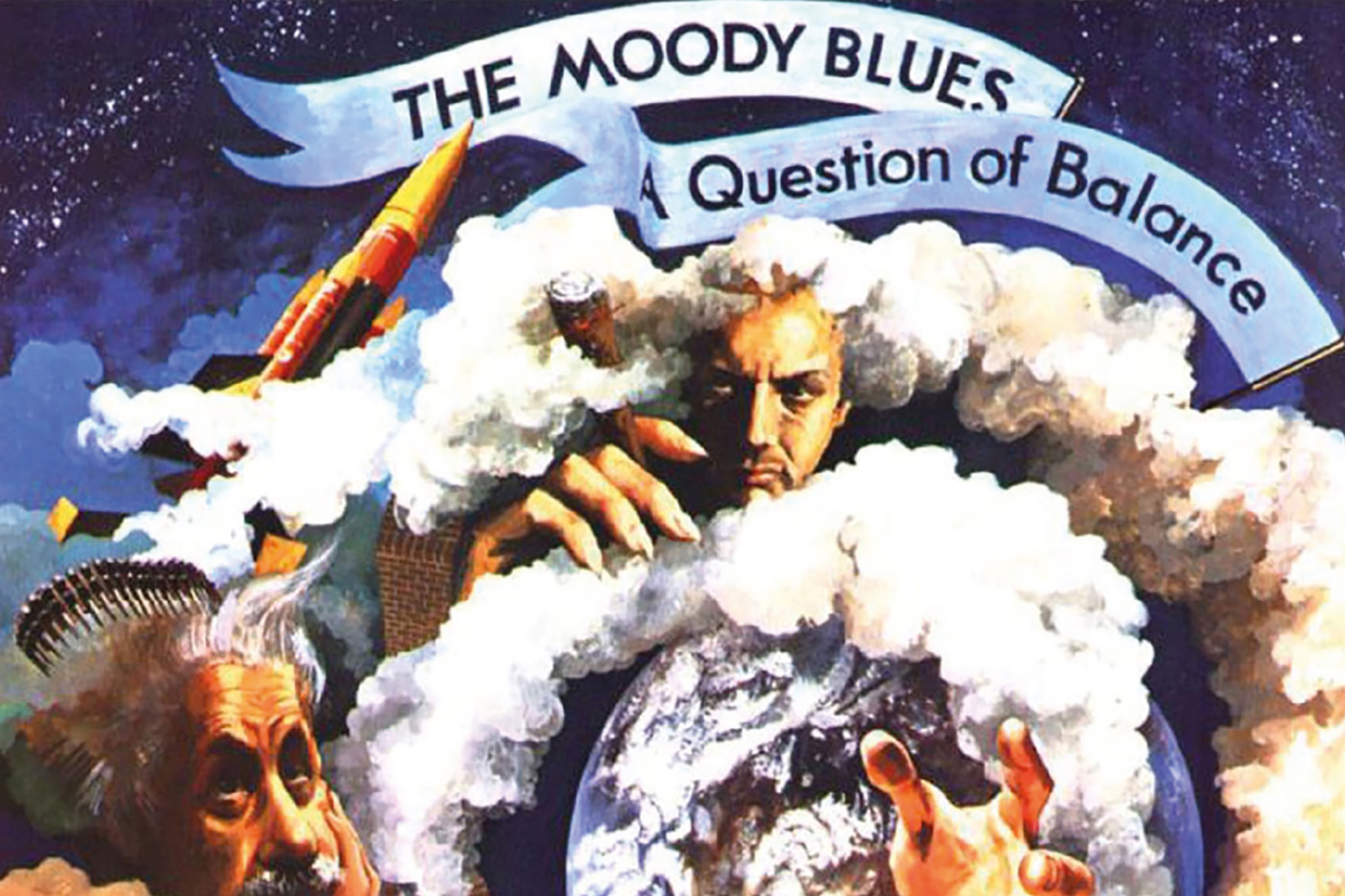
Question
Moody Blues
(from A Question Of Balance, 1970)
Arguably The Moody Blues’ greatest moment on 45, this No.2 hit from 1970 saw two Justin Hayward songs pieced together as an indictment of the Vietnam war. “We went into the studio one Saturday just to do Question,” Hayward says. “We’d rehearsed it beforehand. We did it with no overdubbing or anything like that – no double-tracking. We mixed it in the evening and we had it out in a couple of weeks.”
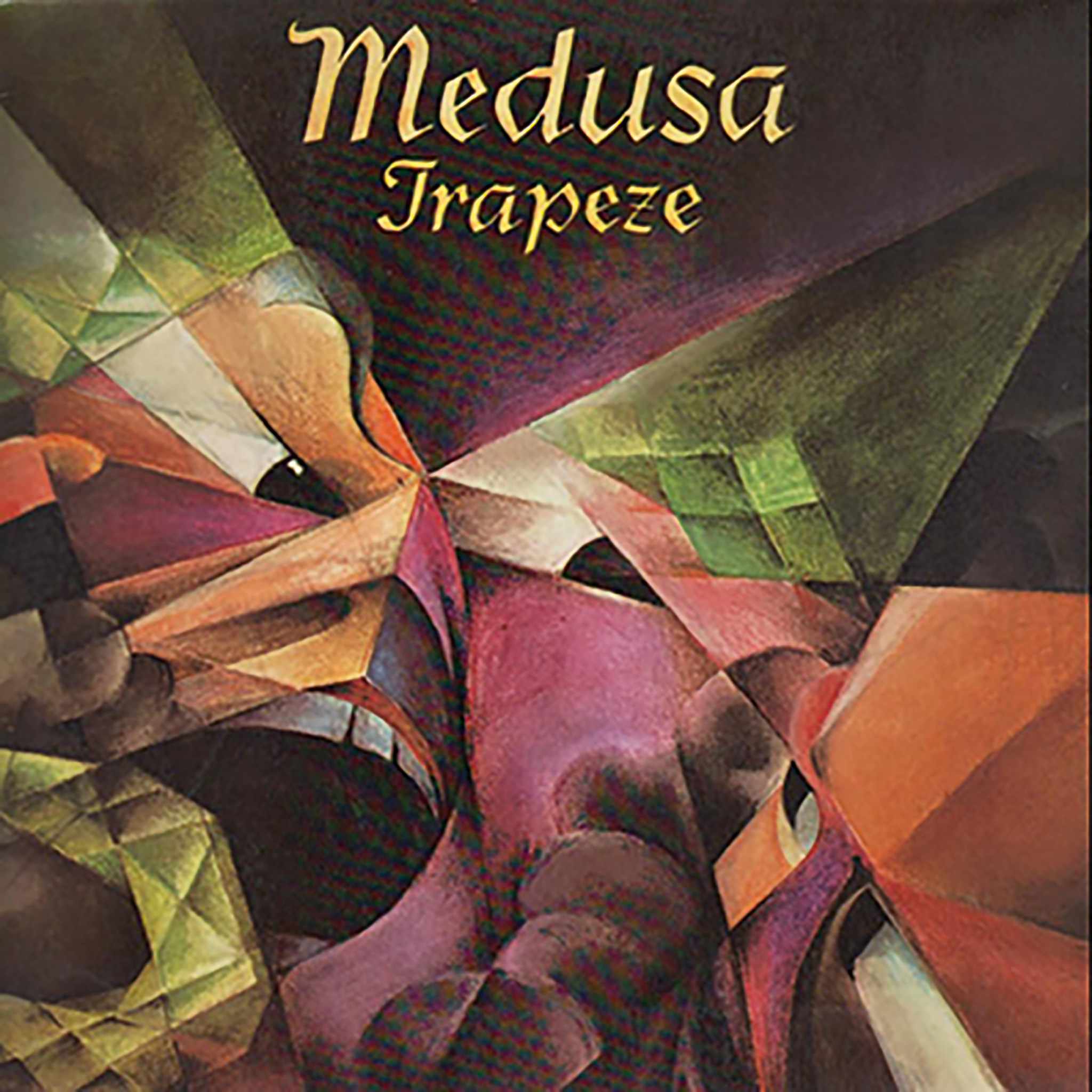
Black Cloud
Trapeze
(from Medusa, 1970)
Trapeze may just be one of the best-kept secrets in the entire realm of British rock. The strident, countrified blues rock of Black Cloud, from 1970 album Medusa, has the forward propulsion of Free, The Doobie Brothers and the 70s Isley Brothers at their very best. Sheer class.
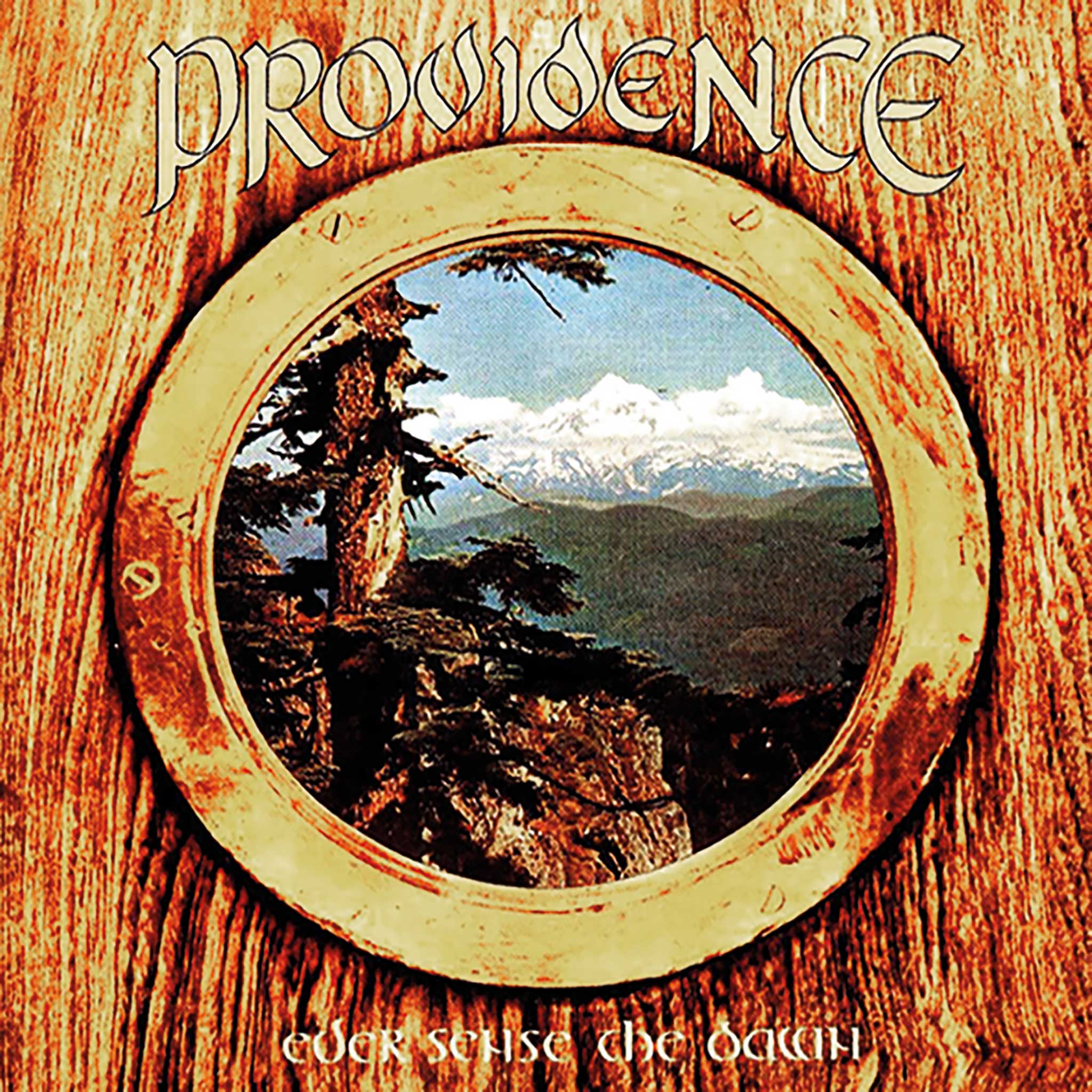
Mountain
Providence
(from Ever Sense The Dawn, 1972)
The US six-piece who blended soft rock and classical music (no, really) are captured in a particularly pastoral mood on this, the opening track on their sole Threshold release. Brothers Tim and Tom Tompkins later worked with Hayward and Lodge on their Blue Jays album.
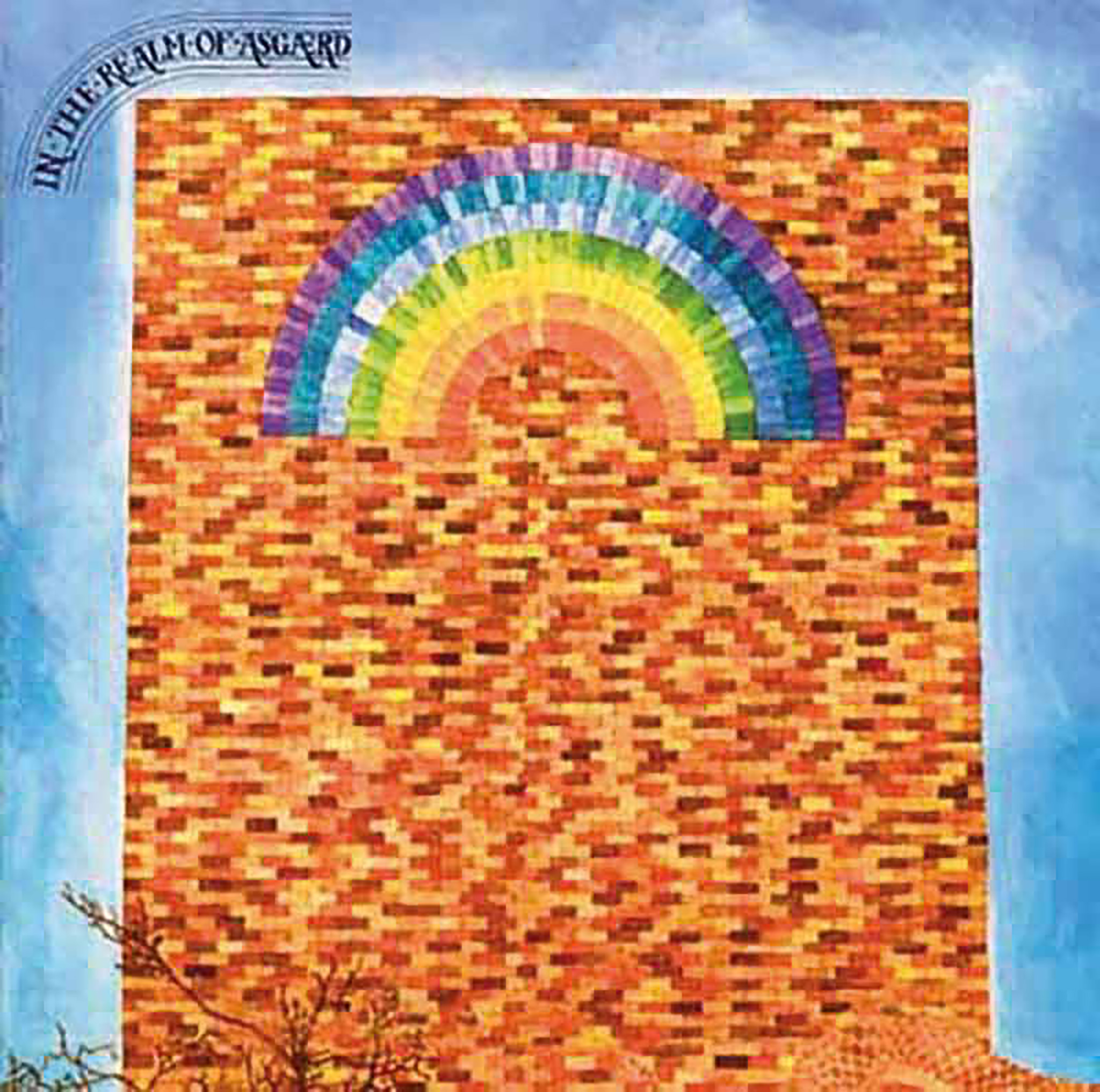
Starquest
Asgard
(from In The Realm Of Asgard, 1972)
Starquest is the closing track of Asgard’s only Threshold release, the super-rare In The Realm Of Asgard. Little is known about the five-piece, comprising vocalist James Smith, guitarist Rod Harrison, Dave Cook on bass, Peter Orgill on violin and with Ian Snow rounding off the line-up on drums. On this album, they made a succinct prog sound.
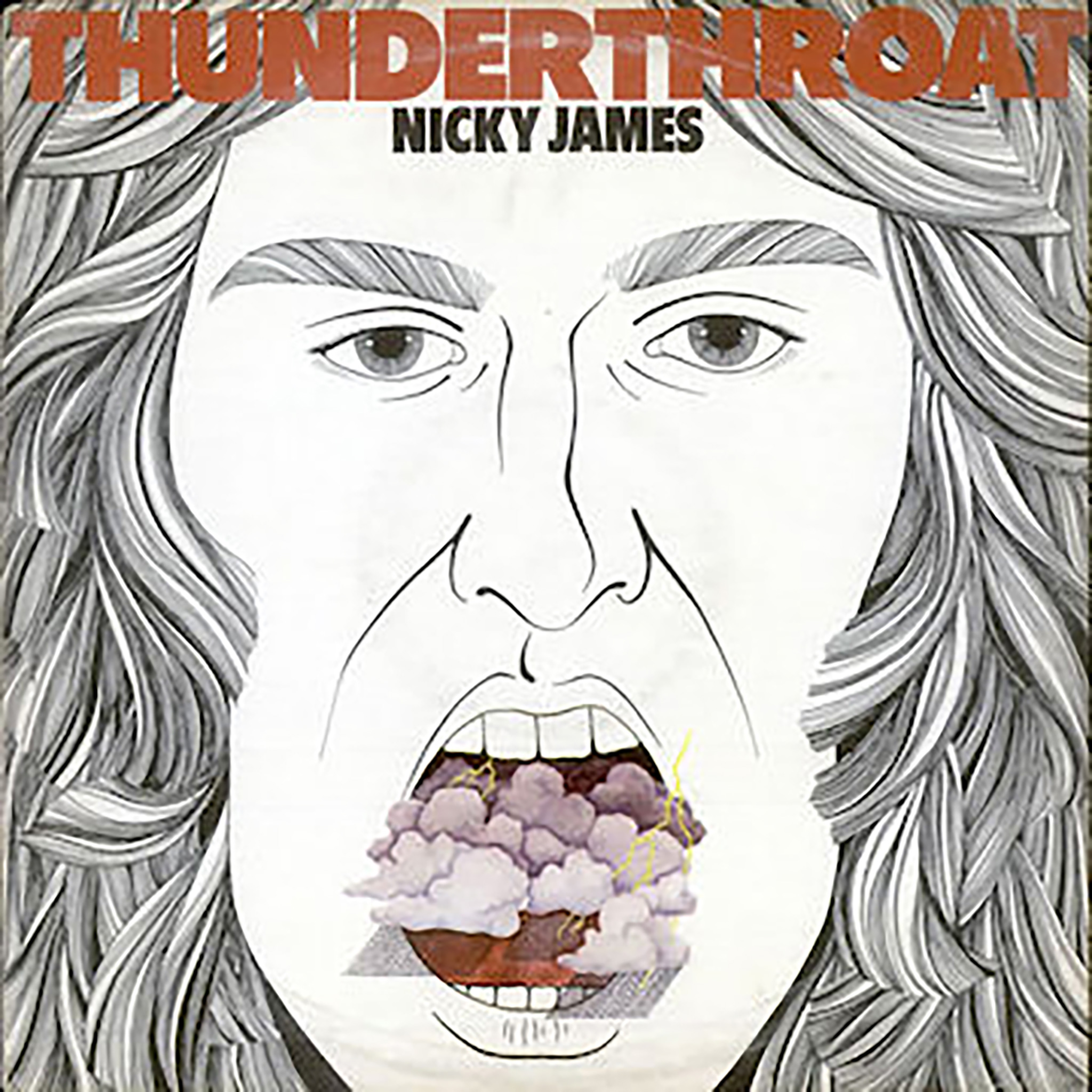
The Troubadour
Nicky James
(from Thunderthroat, 1976)
One of the avatars of the Brumbeat scene, Nicky James had worked with Bev Bevan, John Bonham and Denny Laine in the 60s. Never receiving the critical acclaim he deserved, his rich, sweet voice can be heard on this wistful 1976 recording from one of the last Threshold releases.
Threshold Facts: The Details Behind The Label
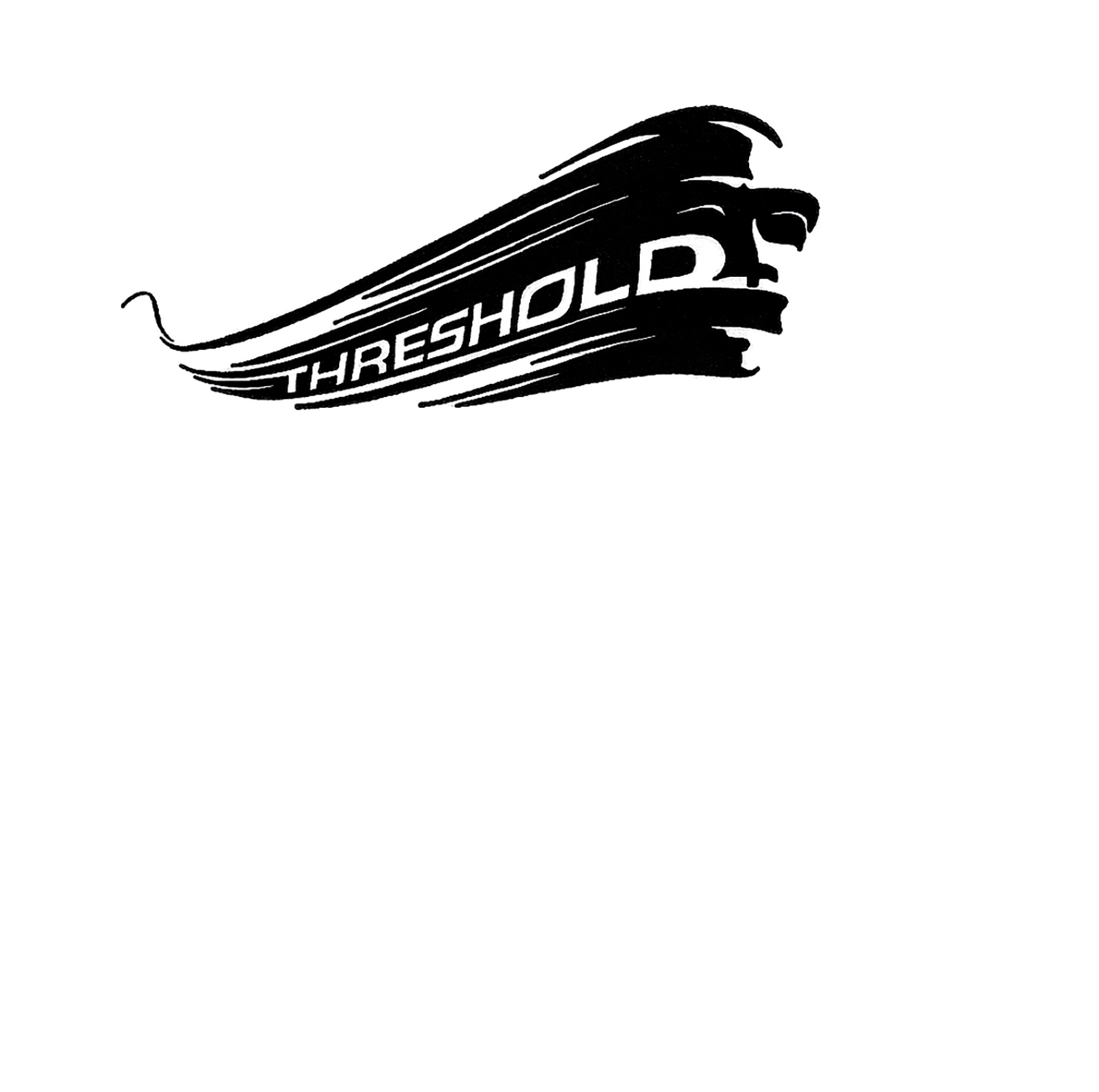
First single release: Watching And Waiting/Out And In by The Moody Blues (TH-1, 10⁄69)
First album release: To Our Children’s Children’s Children by The Moody Blues (THS-1, 11⁄69)
First non-Moodies single release: And Now She Says She’s Young/I’m Just A Travelling Man by Timon (TH-3, 3⁄70)
First non-Moodies album release: Trapeze by Trapeze (THS-2, 3⁄70)
First No.1 album: A Question Of Balance by The Moody Blues (THS-3, 8⁄70)
First Moodies solo album release: Blue Jays by Justin Hayward and John Lodge (THS-12, 3⁄75)
Most collectible release: In The Realm Of Asgard by Asgard (THS 6,1972 – copies regularly change hands for around £100)
Final single release: Maggie/Botella De Vino Tinto by Nicky James (THS-25, 1976)
Highest charting single: Question/Candle Of Life by The Moody Blues (TH-4, 4⁄70, No.2 UK/No.3 US)
Daryl Easlea has contributed to Prog since its first edition, and has written cover features on Pink Floyd, Genesis, Kate Bush, Peter Gabriel and Gentle Giant. After 20 years in music retail, when Daryl worked full-time at Record Collector, his broad tastes and knowledge led to him being deemed a ‘generalist.’ DJ, compere, and consultant to record companies, his books explore prog, populist African-American music and pop eccentrics. Currently writing Whatever Happened To Slade?, Daryl broadcasts Easlea Like A Sunday Morning on Ship Full Of Bombs, can be seen on Channel 5 talking about pop and hosts the M Means Music podcast.

